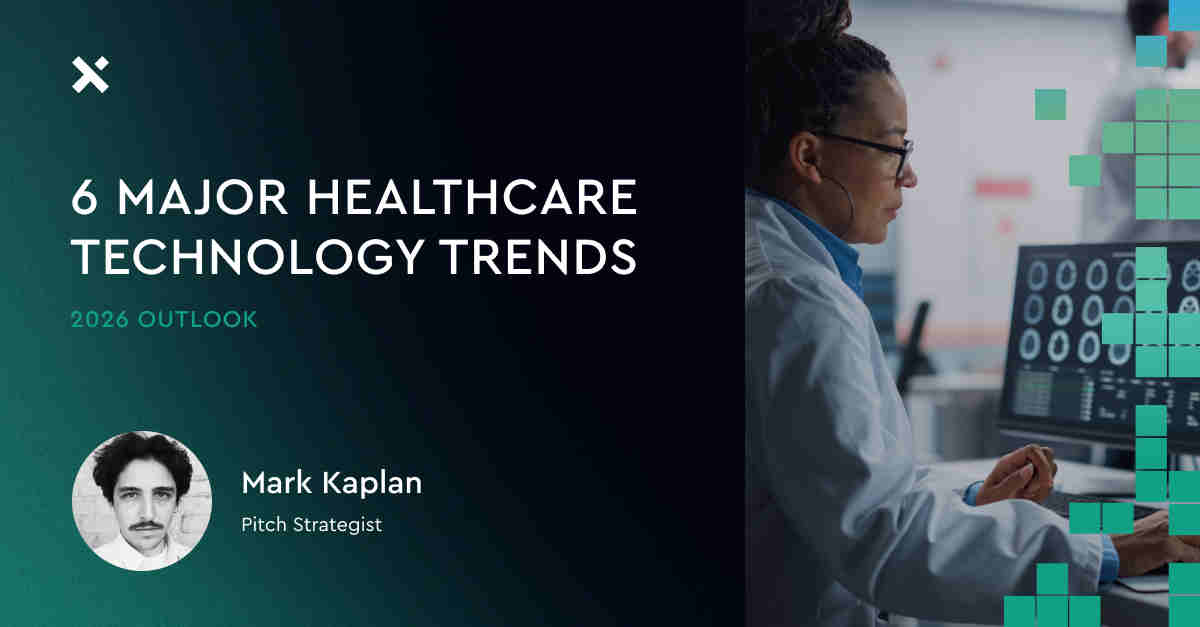
@ShahidNShah


Healthcare is shifting quickly as new technologies finally move from pilots to everyday use. The change is no longer about upgrading tools but about rethinking how care is delivered, coordinated, and supported behind the scenes.
Over the past year, hospitals and health systems have started trying out digital assistants for routine clinical tasks, virtual care units that operate like “remote hospitals,” and early patient-specific treatment simulators that let clinicians compare how different therapies could play out for an individual. These projects are still in progress, but they show a clear direction: care is becoming more connected, more data-driven, and more personalized.
The push toward wider adoption of AI and machine learning (ML) is accelerating — from automating administrative tasks to improving diagnostic accuracy, AI/ML is becoming central to modern medical care and can help ease clinician workload while improving quality of care.
Continue reading at trinetix.com
The global digital health market is projected to reach $660 billion by 2025, growing at a compound annual growth rate of 15.1% from 2020. This growth is fueled by the rising demand for custom health …
Connecting innovation decision makers to authoritative information, institutions, people and insights.
Medigy accurately delivers healthcare and technology information, news and insight from around the world.
Medigy surfaces the world's best crowdsourced health tech offerings with social interactions and peer reviews.
© 2026 Netspective Foundation, Inc. All Rights Reserved.
Built on Feb 26, 2026 at 12:44pm